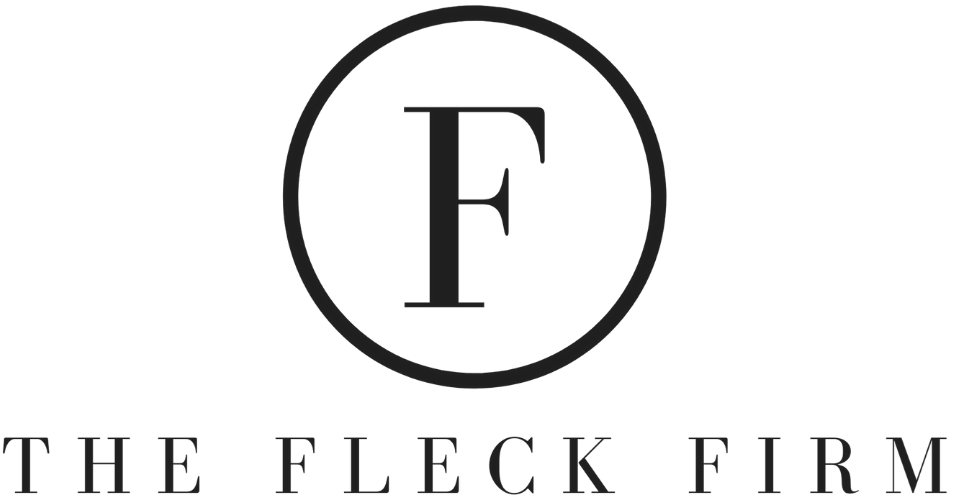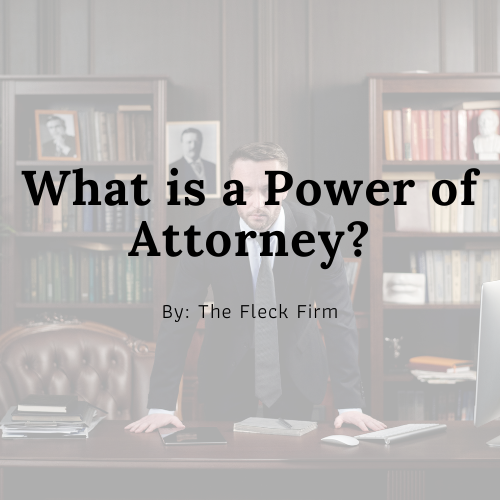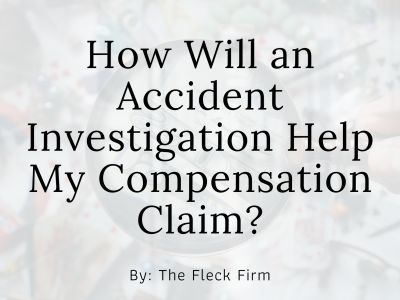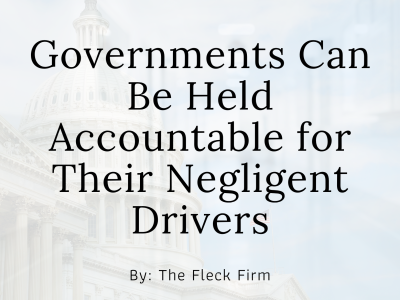There will be times when important things will need to get done, but you won’t be able to do it yourself. Through a power of attorney, an estate planning document, financial and healthcare decisions could be made for you when you can’t make them. These documents could be critically important to you and your family in a time of crisis. But you must plan and think ahead and complete this document before the crisis arises.
A power of attorney (POA) gives the person or people of your choice (your agent(s)) the ability to act for you. These choices usually involve financial or healthcare issues. Your POA can go into effect as soon as you execute it (it’s a durable POA) or only if you become mentally or physically incapacitated (a springing PA). It can end at a specific date, or it can be open-ended, but you could terminate it at any time.
The agent must follow the POA instructions, which can be as broad or narrow as you like. The agent must act only in your interests. Like all estate planning documents, POAs should be updated regularly. You may want a different agent or change the instructions in the document. Or you may want to end the POA’s you have and just start over with new ones. The POA is only effective during your lifetime, so it’s not a replacement for a will.
What are the Agent’s Responsibilities?
No matter which POA is involved, your agent must be competent and trustworthy. This person could be entrusted with critical decisions. Your healthcare POA agent will make decisions when you can’t, so this person’s choices could be the difference between your life or death. Through a financial POA, your agent may be able to access and improperly spend your assets. While you’re mentally competent, you can end the POA and or change agents.
Given the important role your agent can play, you may want to choose two agents. You may create the document so they can only act when they both agree. This makes financial abuse less likely, but it can also slow down decisions and actions. If the relationship between the agents isn’t good to begin with or sours over time, you may need to pick new agents.
An agent could be sued if he or she breaches their duty and embezzles assets. The agent can avoid legal trouble by acting in good faith, with care, competence, and diligence for your best interests. Unless there’s some breach of duty, the fact assets under the agent’s control decrease in value won’t result in liability.
An agent needs to be organized and keep all relevant records. He or she should be able to produce any receipts or records of transactions when requested.
Other attorneys take contingent fees of 33% to 50% of your settlement.
We want you to keep more of your money.
Our contingent fee is only 30% on cases settled prior to filing suit.
What is a Healthcare Power of Attorney?
Through a healthcare POA, your agent can make medical choices for you. Your healthcare provider will ask you first for instructions. If you’re competent and able to communicate, you will make your own decisions. Only if you’re in a coma, unconscious, or can’t speak intelligently for yourself will your agent be asked for direction. You should have instruction on your POA on the care you want and don’t want if you can’t speak for yourself.
Without a POA, your healthcare providers should ask your next of kin what treatment you should receive. This can be a problem if that person is far away, you don’t have a good relationship with the person, or there are multiple people considered your next of kin (like siblings or children). If there are more people needed for a decision, the more likely a disagreement may slow or stop it from happening. Your agent need not be a family member, but should be nearby and in touch with you.
A healthcare POA is not a living will, which is for those who are terminally ill (though a healthcare POA can be used if you’re in that situation). Healthcare POA’s can be especially useful for adults not facing serious health challenges but who may fall victim to serious accidents. A severe head injury could result in brain damage and short or long-term unconsciousness.
What is a Financial Power of Attorney
A financial POA gives your agent the ability to handle financial transactions for you. They can be as broad or as narrow as you want. It could be for one purpose like buying or selling your house. It could allow access to a single bank account to pay a specific bill, or the person could be allowed to sell and spend any and all your assets to pay for any debt or bill, or it could be somewhere in between.
A POA could be a convenience. You have bills to pay, you don’t want to spend the time, and your agent can do it for you. It could also be a necessity. If you’re seriously injured or ill, your bills won’t stop coming. You may have rent, a mortgage, or car payments to make. Through a POA your agent can pay these bills while you recover. You won’t have to worry about losing your car, apartment, or home.
What’s the Next Step?
If you have any questions about estate planning or powers of attorney, please contact The Fleck Firm today at (270) 446-7000. We can help you create the estate planning documents you need to live your life now and prepare for the future.








